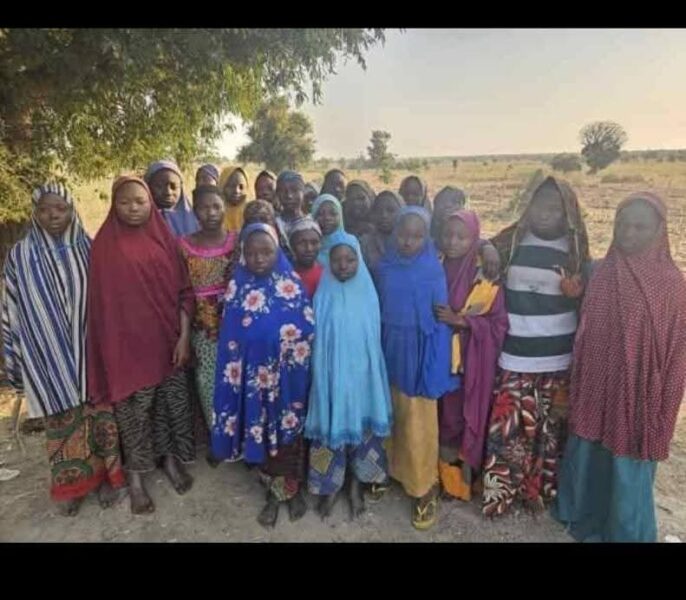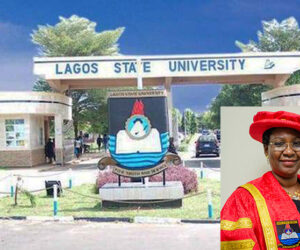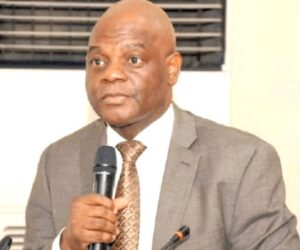

The Nigerian Academy of Education (NAE) Wednesday expressed worries over the spate of kidnapping of students by armed terrorists in Nigeria.
The NAE said the persistent attacks on schools by the gunmen has destabilised Nigeria’s education system by creating psychological, emotional, and social barriers to learning which led to closure of schools by the Federal Ministry of Education and some state governments.
A statement jointly signed by the President, Emeritus Professor Olugbemiro Jegede and Secretary General, Professor Chris Chukwurah, said the kidnapping of students across the country began since the Chibok abduction in 2014 to the latest abduction at St. Mary’s School, Niger state on November 21, 2025.
NAE said: “Persistent attacks have destabilised Nigeria’s education system, creating psychological, emotional, and social barriers to learning. The closure of schools in many parts of Nigeria underscores the gravity of the situation.
“This reality threatens national development and undermines the future of our children. UNICEF rightly asserts that: ‘No child should be put at risk while pursuing an education.’ Yet, in Nigeria today, classrooms have become battlegrounds.”
The NAE acknowledged government’s initiatives such as the Safe Schools Declaration (2015), the National Plan for Financing Safe Schools (2023– 2026), and the establishment of the Response Coordination Centre (2022).
While commending the government, NAE said these measures remain insufficient and that the current actions may create a false sense of security, as schools – particularly in the North-east and Middle- belt remain vulnerable to attacks and kidnappings.
NAE said: “The ₦15 billion funding commitment and policy documents are important, but without effective implementation, they amount to lip service. The government’s constitutional duty to protect lives and property (Section 14(2)(b)) appears neglected, eroding public trust in education as a national priority.”
NAE said: “As educators and administrators, we cannot confidently claim that Nigerian schools are safe. Many lack basic governance, emergency response systems, and secure infrastructure.
“Neglected signposts at previously attacked schools symbolise a troubling pattern of indifference. Parents, teachers, and learners live in fear, casting serious doubts on Nigeria’s commitment to education as a driver of national progress.
“Beyond the immediate physical dangers, the persistent attacks on schools in Nigeria have inflicted deep psychological wounds on learners, teachers, and families. The trauma experienced by abducted children, survivors, and those living in constant fear of violence can have lifelong consequences.
“Symptoms such as anxiety, depression, nightmares, and difficulty concentrating on studies are increasingly common among anffected students. Many children now associate school with danger rather than safety, undermining their motivation to learn and their trust in society. Teachers and parents, too, face emotional distress, grappling with feelings of helplessness and guilt.








